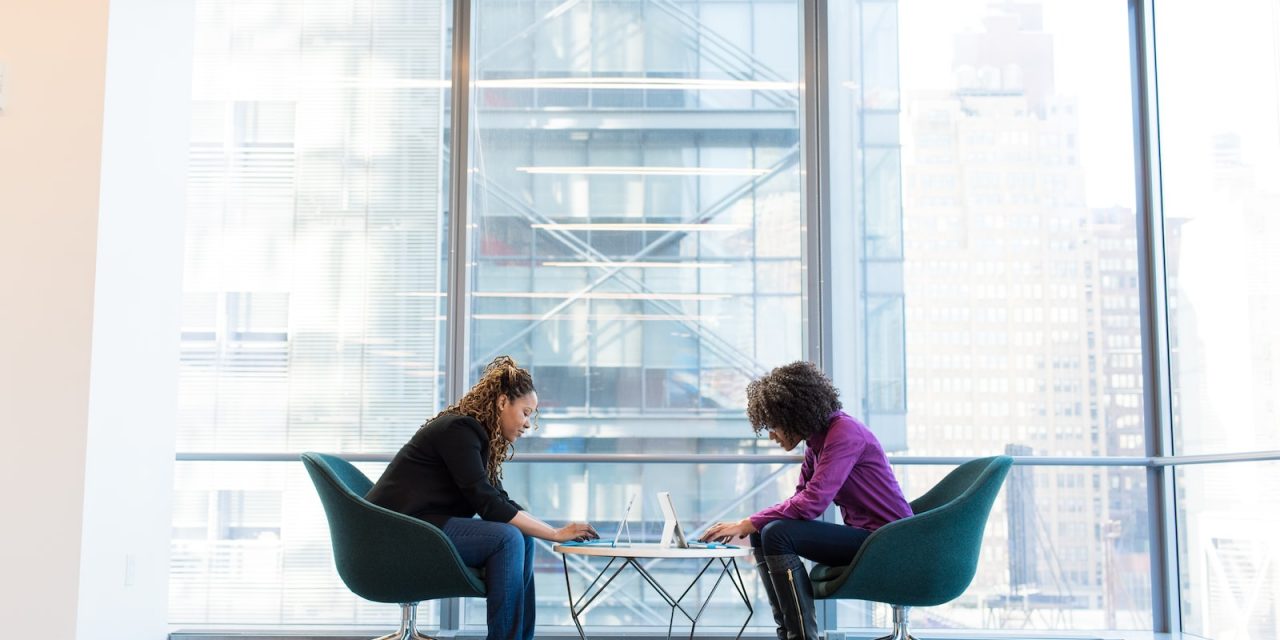Workplace Wellbeing Professional sat down with Alison Martin to discuss how diversity-focused mentorship can play a role in the well-being of new starters to an organisation.
Alison is the founder and managing director of Engage Mentoring, a mentoring platform that allows participants access to new connections to develop skills, meet new people, and build lasting relationships. Alison is passionate about providing workers with the support they need when joining a new workforce. She believes diversity-focused mentorship is a positive way in helping employees face some of the daunting challenges when being introduced to an unfamiliar workplace.
What are the core advantages of diversity-focused mentorship?
Mentoring addresses a lot of great things such as succession planning, skill development and culture building. But when you look at mentoring particularly through the lens of diversity, access to relationships needs to be a critical part of workplace strategy.
Our organisation would never advocate for companies to pick on one specific category, for example, ‘we’ll have all of our women mentor each other’. Instead, we truly believe in inclusion and diversity and that diverse mentoring is the right way forward.
Access to relationships is especially critical when you look through the lens of diversity to ensure that your most diverse employees see a clear and welcome path forwards in their new role. Diversity-focused mentorship ensures that they feel supported and developed and that they have access to critical relationships that will really help them grow their careers.
What role can diversity-focused mentorship play in enhancing employee well-being for new starters to an organisation?
Think back to when you first started your job, or even your first day of school…we all know what that’s like!
It’s a daunting feeling to walk into a new or unfamiliar working environment and not know anybody. For this reason, as the ‘new person’ to an organisation, diversity-focused mentorship is especially critical towards their general well-being.
In fact, a very high percentage of employees subconsciously decide on their first day how long they’re going to stay within the company. So, it’s critical that employers connect employees right away to someone who can help show them the ropes, and ensure that they feel supported so that they instantly feel like they have a connection within the organisation.
This is especially true for diverse employees. We can spin our wheels bringing diverse talent in the door, but the first thing they will do is look towards senior management. If they don’t see individuals on the senior leadership team who look like them, or that they feel they have things in common, it will cause them to question whether they see a path within that organisation.
Ensuring that your new starters have the opportunity to make those vital connections, particularly the ones that might not otherwise have occurred naturally, is important for all of us to give thought to. I would argue that access to relationships is not just a nice to have, but a need to have for all organisations who are intentional about this.
Have recent events, such as the COLC or the pandemic, shaped the way in which employers should mentor their staff?
Absolutely.
Those two events have undeniably significantly impacted the mental health of our workforce. While mentoring in itself is not a mental health strategy per se, it is perhaps more important now than ever that people have a safe space, that they have an opportunity to reflect, and that they have someone at work who cares about them and cares about their development.
Also, with the fact that so many employees are now working from home or working remotely, it can be a very isolating experience for many workers. We know that a lack of human connection can increase feelings of loneliness. So, it’s important that organisations ensure that access to relationships is present and that employers are intentional about taking time to pour into one another.
The short answer is yes because relationships really contribute to the overall mental health of employees, and this is an especially critical time to ensure that we are investing in the relationships of our workforce.
How can employers successfully mentor new starters who are working entirely from home?
This has been the age-old question because, in the past, people thought that mentoring had to occur face to face. These days, due to so much available quality technology, the process of mentoring has been able to shift.
In fact, our programme actually defaults to either phone or video conferencing. This is because we recognise the importance of reaching people from different geographies and the power of global exposure to others in the workplace.
Technology advancements mean it’s not just the people that you’re working side by side with that you have regular access to. These days, mentoring can easily be conducted remotely as well. Remote workers in particular require mentorship due to the issues surrounding isolation I mentioned before.
Ultimately, there is no longer the expectation that mentoring can only occur face-to-face and in person. Successful and meaningful mentorship can be just as rewarding when conducted remotely too.
Workplace Wellbeing Professional is an online magazine featuring news and analysis on a broad range of employee wellbeing topics, focused on a UK based audience.










